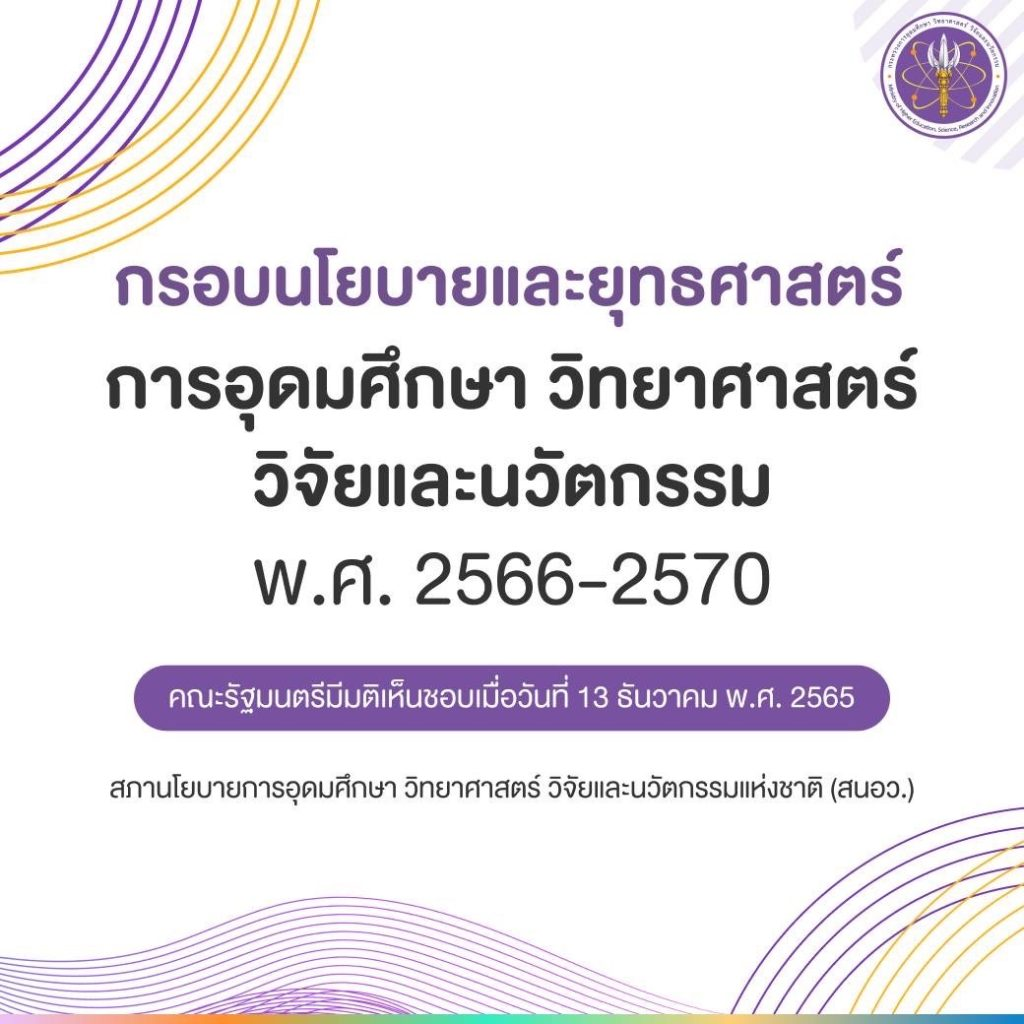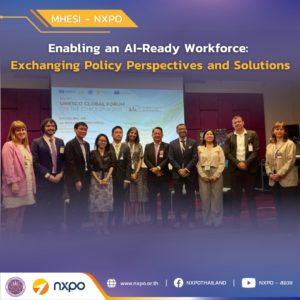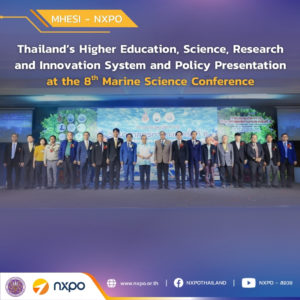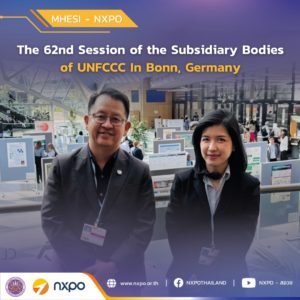
Prof. Anek Laothamatas, Minister of Higher Education, Science, Research and Innovation (MHESI) revealed on 13 December 2022 that the cabinet had approved the Higher Education, Science, Research and Innovation Policy and Strategy (2023-2027), the revised Higher Education Plan (2023-2027), and the draft Science, Research and Innovation Plan (2023-2027) as proposed by the National Higher Education, Science, Research and Innovation Policy Council (Policy Council). The approved documents will serve as a blueprint enabling a leapfrog development and turning Thailand into a developed country by 2037 as targeted by the National Strategy. Minister Anek went on to thank Prime Minister General Prayut Chan-o-cha and the cabinet for establishing MHESI by merging higher education and science ministries, allowing it to fully drive this agenda to the success through partnerships formed with all sectors, including the private and people sectors, as well as other ministries.

MHESI Permanent Secretary Prof. Sirirurg Songsivilai who serves as the member and secretary of the Policy Council explained that the Higher Education, Science, Research and Innovation Policy and Strategy consists of two interconnected plans, one on higher education and the other on science, research, and innovation. The policy framework outlines a set of comprehensive goals involving all ministries to work cooperatively in the same direction, linking manpower development to research and application, enabling Thailand to become a world leader in agriculture and agroindustry products, functional food, medical and wellness service, empowered senior citizen, tourism, frontier research and space technology, and high-skilled workforce. The Higher Education Plan focuses on bringing the education quality to the same level as other developed countries, cultivating knowledge and innovation for competitiveness enhancement, expanding access to higher education, developing skills and competencies of workforce to meet the labor market demands, and creating jobs and entrepreneurs at the local level to foster the local economy. The draft Science, Research and Innovation Plan aims at leveraging innovation capability and system reform to unleash the potential of higher education, science, research, and innovation in improving the national competitiveness, and promoting multidisciplinary, cross-agency and cross-sector collaboration.



The vision of Higher Education, Science, Research and Innovation Policy and Strategy is to combine the power of higher education, science, research, and innovation to achieve a rapid and sustainable development, enhance the competitiveness, create value and prepare for the future. It consists of four strategies: 1) develop the economy with a value-driven and creative economy to enhance competitiveness and self-reliance for the future, 2) enable sustainable social and environmental development to overcome challenges and build resilience, 3) develop cutting-edge science, technology, research, and innovation to open new opportunities into the future, and 4) develop manpower, higher education and research institutes to drive a leapfrog and sustainable development.
The Higher Education Plan consists of three strategies: 1) develop human potential, 2) foster an innovation ecosystem, and 3) reorganize the higher education system; seven key policies and three mechanisms to reach the goals within a 3-year timeframe (2023-2025). The draft Science, Research and Innovation Plan consists of four strategies: 1) develop the economy with a value-driven and creative economy, 2) enable sustainable social and environmental development, 3) develop cutting-edge science, technology, research and innovation, and 4) develop manpower and research institutes to drive a leapfrog and sustainable development.
Prof. Sirirurg expressed his appreciation to various ministries and government agencies for their valuable feedbacks during the formulation of strategy and plans and their support to drive the policy and plans to the success.







